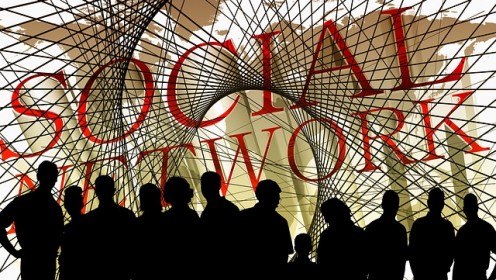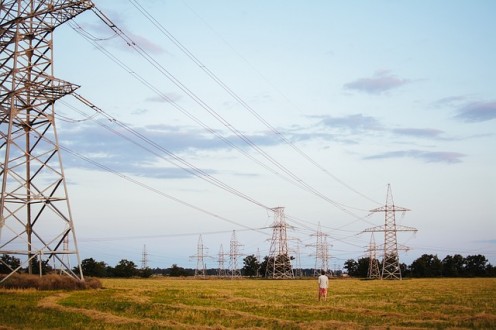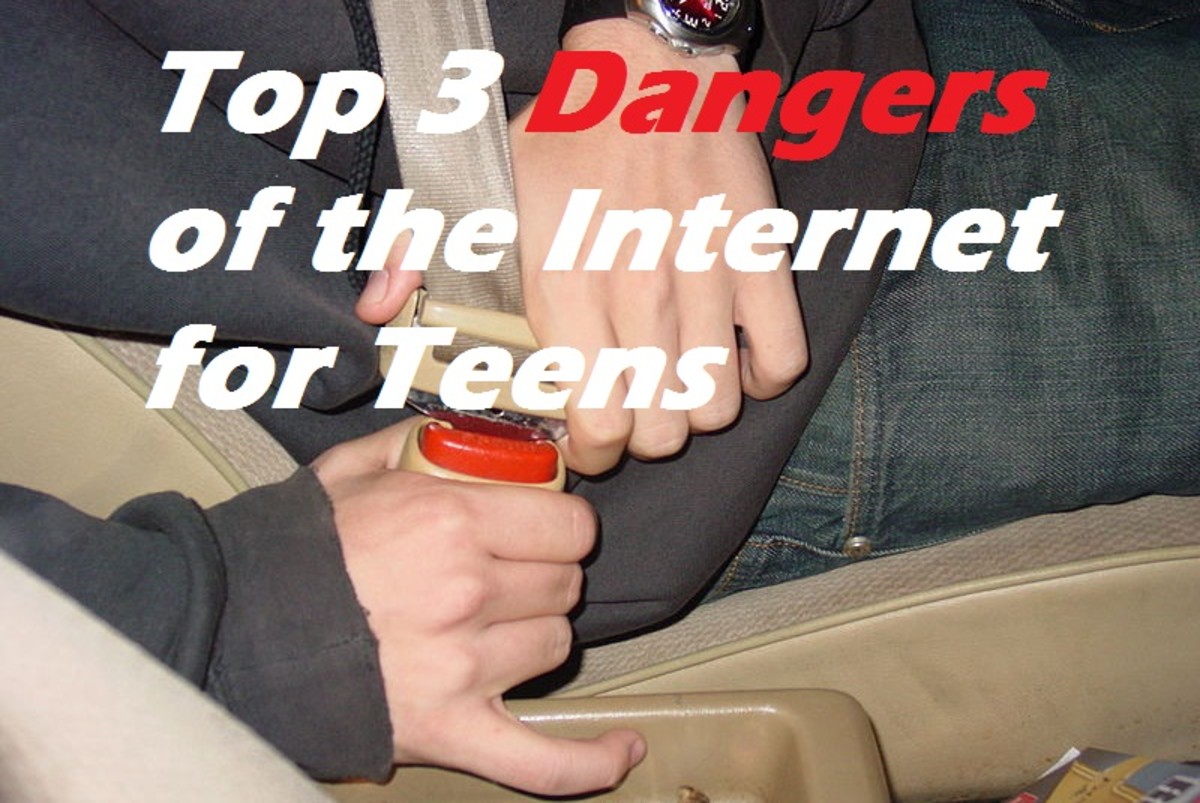Cyber Crime And FBI Reporting - The Day the Internet Stood Still

In the 2010s and 2020s, much of our work is completed via online interactions. How would we handle a complete loss of Internet function in America?
An Attack On the Internet Could Occur and We Fear It
If you have ever seen The Day the Earth Stood Still, either in classic 1950s black and white or the remake of the 2000s, you have seen business and life come to a dead standstill when the power grid of the US and the world's nations were interrupted by alien forces.
Such chaos and decay is what would happen to much of the business world today, if the Internet stood still. Youth, starlets, and business people addicted to texting and mobile apps, would need to be committed for a "rest cure" - as they said in the 1940s and 50s. The technology would not be able to function, at least temporarily.
With sudden Internet suppression, a whole day's business deals would go unclosed. Commercial, government, and private concerns would need to revert to landline telephones and teletypes - if they could bribe museum guards to let them have these these dinosaurs on display from the ancient world, pre-1996.
UNIVAC would be laughing, but without electricity, it would not work, either. We would bring out our old hand-cranked calculators.

Is It An Addiction?
Is it really a technology addiction if all your work is done online while using laptops, tablets, SmartPhones, and such? Some call it addiction, others call it the nature of modern work.
Cybernation - That Is What We Are
In 2001, Tom Clancy presented the first novel in his interesting futurist series of Cybernation novels. The storyline spoke to the increasingly realistic notion of the American Power grid and the Internet going down around the world. In the 2010s, this became a real worry of governments in the USA and other countries as cyber-terrorists hacked into servers and possibly power grids in some nations.
Number Six in the series of Cybernation, Net Force presents a realistic FBI division that is responsible for policing the Internet and the World Wide Web in order to ensure their continued operations. That division of operatives was blindsided in the novel and the result is interesting.
Net Force is written by Steve Perry and the writing is a bit simplistic. I took it as a Young Adult novel, until I ran upon some ridiculously profane language that was meant to be "cool" and mature, but came off only as tacky and unbelievable. The profanity was gratuitous.
Some of the sex scenes in the novel are blatantly silly and the martial arts scenes in the novel are half interesting and half ludicrous (I comment from experience). If you read Net Force, skip all of that and pay attention to the Internet and all the people you'll find really webbed into it. Try to ignore that part of the book that could be called The Day the Writing Stood Still. The made for TV movie is more entertaining than the book version.


Cybernation (Tom Clancy's Net Force, No. 6)
- Developed by Tom Clancy, Steve Pieczenik , and Steve Perry
- Written by Steve Perry
- Berkley Books; First edition (November 6, 2001)
Anywhere, anytime, anybody you want to be - CyberNation can take you there.
In the CyberNation series, CyberNation is a country without walls in 2010 (2005 in the film version), extant only on the Internet. It is composed of people that want CyberNation to achieve the status of a legal country of which they would be citizens.
One of CyberNation's benefits is that it uses Virtual Realty to place users anywhere in time as anyone they wish. All these are echoes of real life situations: a virtual website world called Second Life and the bid for corporations to become persons for tax purposes.
In the novel. an ex-FBI agent turns his back on the agency for a greater measure of power, money and control. Form a ship at sea, he shuts down the Internet backbone. Business stops in America for the companies that rely on the Internet. Cell phones are inoperable and the video screens on landline videophones go dark. No email, no texting, no chat, no VoiP.
The Internet Vanishes
Very few landline payphones exist in the cities any more, pulled out by the roots by the phone companies annd the law, because of streetcorner drug deals completed on those phones. Communications are minimal, besides face-to-face speech and landline calls. Snailmail is slower than ever, because of the reductions in Post Office staff at the point where Internet communications replaced much of our hardcopy communications.
The online ordering interruption puts many companies out of business -- Those that retained landline ordering were slowed down, but survived. Overall, business in 2001 reverted to 1980s production capacities. News slowed down to nothing, the only source being landline telephones, of which there were few.
It was the best time for another nation to invade the United States and take over. If this happened in reality, the US would be crippled.

Too Much Control

Internet Shutdown Destroys Life
The novel states that in 2010 (2005 in the movie version), CyberNation attempts to take over the United States. Members of this conglomerate of evil technology specialists, rather than foreign nations or alien visitors, is responsible for Internet attacks.
More accurately, top programmers from among the cyber specialists attack the Internet to convince US citizens that they would be safer and smarter to do business as a citizen of CyberNation, which "never goes offline." It is a bid for control. The FBI Net Force is successful in blocking the effort, but CyberNation continues to operate.
The story shows how dependent upon the Internet America has become. Many people make all of their income via the Internet. If it goes down, they lose their livelihoods. Over control by legal authorities and highly restrictive cyber laws could also erase that livelihood.
Losing technology-based new income streams - the last chance at survival for some - would not only create renewed poverty, but renewed despair and new crimes committed in order to live. Some would commit suicide or die of starvation and lack of housing. The solution to the problem may be needed shortly in America. The Internet Of the Future speaks directly to this need.
We must find ways of preserving freedoms on the Internet at the same time as we find ways of legally and securely protecting it locally and worldwide. The FBI Internet Crime Complaint Center or IC3 reports investigations and takes reports at www.ic3.gov/default.aspx.
© 2010 Patty Inglish MS MPH










